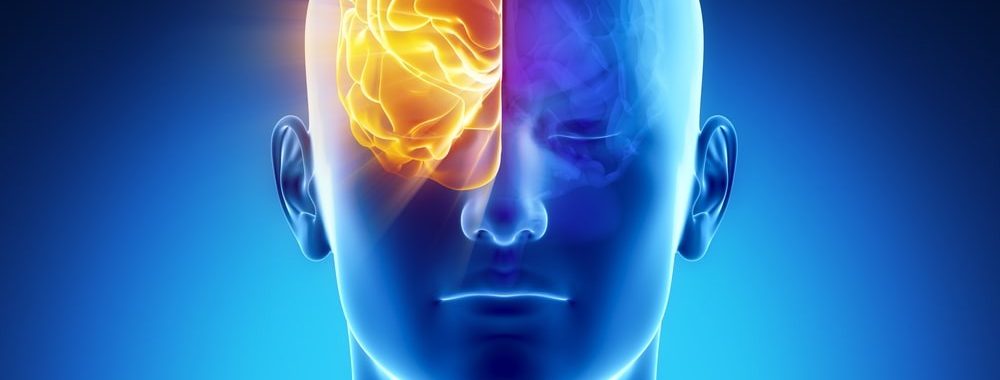
Important Concussion Facts: Your TBI Assessment Tool
A traumatic brain injury (TBI) can wreak havoc on your life. Agile Screening has created a detailed TBI assessment tool with facts specific to concussions. These facts have been compiled from reliable medical sources of neurologists, researchers, and other medical professionals.
Concussions can be hard to detect sometimes, especially when someone who has dealt with a head injury has a very busy daily life. Many times, concussion symptoms can go unnoticed. The CDC has found that timely recognition and appropriate response are important in treating a traumatic brain injury (TBI) or concussion1.
Healthcare providers can play a key role in helping to improve the health outcomes for a patient with a concussion through early diagnosis, management, and appropriate referral.
TBI Assessment Tool: Concussion Facts
Concern for complications related to concussions starts when concussions are missed or inadequately addressed.
- Recent studies show that a high percentage of concussions go undiagnosed and unidentified in the acute care setting e.g., in the hospital emergency department and general practitioners2.
- Rates of misdiagnosis or missed diagnosis vary amongst studies between 50 to 80%. This is most likely higher given the poor rate of reporting and identifying those missed.
- Missed diagnosis in the emergency department is common despite patients presenting known concussion signs and symptoms, particularly for patients involved in a motor vehicle collision.
- Studies have shown that delayed identification and/or diagnosis of concussion by medical professionals leads to:
- Delays in assessment by medical professionals (concussion specialist, neurologist, etc.)
- Delays in treatment and hence recovery
- Increased risk of prolonged concussion syndrome
- Increased risk of subsequent injury leading to second impact syndrome which results in more significant injury to the brain and more neurological deficits
- Approximately 16% of head injuries that met the WHO (World Health Organization) concussion criteria did not result in a concussion diagnosis3.
- Variation in physician practice contributes to missed diagnosis, hence the need for a standard screening process used by all practitioners.
- The signs of concussion can be subtle; early on, problems may be missed by patients, family members, and doctors4. People may look fine even though they’re acting or feeling differently.
- The longer the time from injury to initial assessment by a specialist the more psychological symptoms are present.
- Prompt diagnosis and treatment of TBI may minimize the severity of post-concussion symptoms, especially symptoms associated with mental health and well-being.
- Patients with undiagnosed concussion symptoms had a greater number of hospital stays (e.g., emergency department)5.
A TBI Assessment Tool Offers Insight on Concussions
What if patients don’t report symptoms or physicians don’t ask? A concussion screen gives the opportunity to pick up on symptoms the patient isn’t reporting or is not aware they should be reported.
- In one study only 21% of patients who were eventually diagnosed with a concussion, had been screened for concussion in the emergency department.
- A concussion screening can help avoid prolonged symptoms or post-concussion syndrome6.
- Children suffering from a TBI may be undiagnosed due to the inability to express what and how they are feeling.
- There is a high risk of missed diagnosis of concussion in older adults because symptoms of TBI overlap with other medical conditions that are common among older adults, such as dementia. Older adults may have a higher risk of serious complications from a concussion.
- Recent studies recommend primary health care professionals consider minimum screening to identify post-concussion syndrome in patients following a motor vehicle collision7.
- Outcomes are optimized when patients are seen earlier rather than later and when they are supported throughout their recovery
- Earlier initiation of clinical care is associated with faster recovery after a TBI or concussion.
Get Help and Treatment for Your Concussion with Agile Screening
Without a doubt, someone who suffers a concussion needs to be seen by a medical doctor. Proper care within the first 7 to 10 days is crucial to the outcome of recovery. The Agile Post-Injury Concussion Screen identifies those at risk for or experiencing post-concussion syndrome.
Contact Agile Screening today for more information on this TBI assessment tool and concussions or to place an order for a concussion screen.
Resources:
